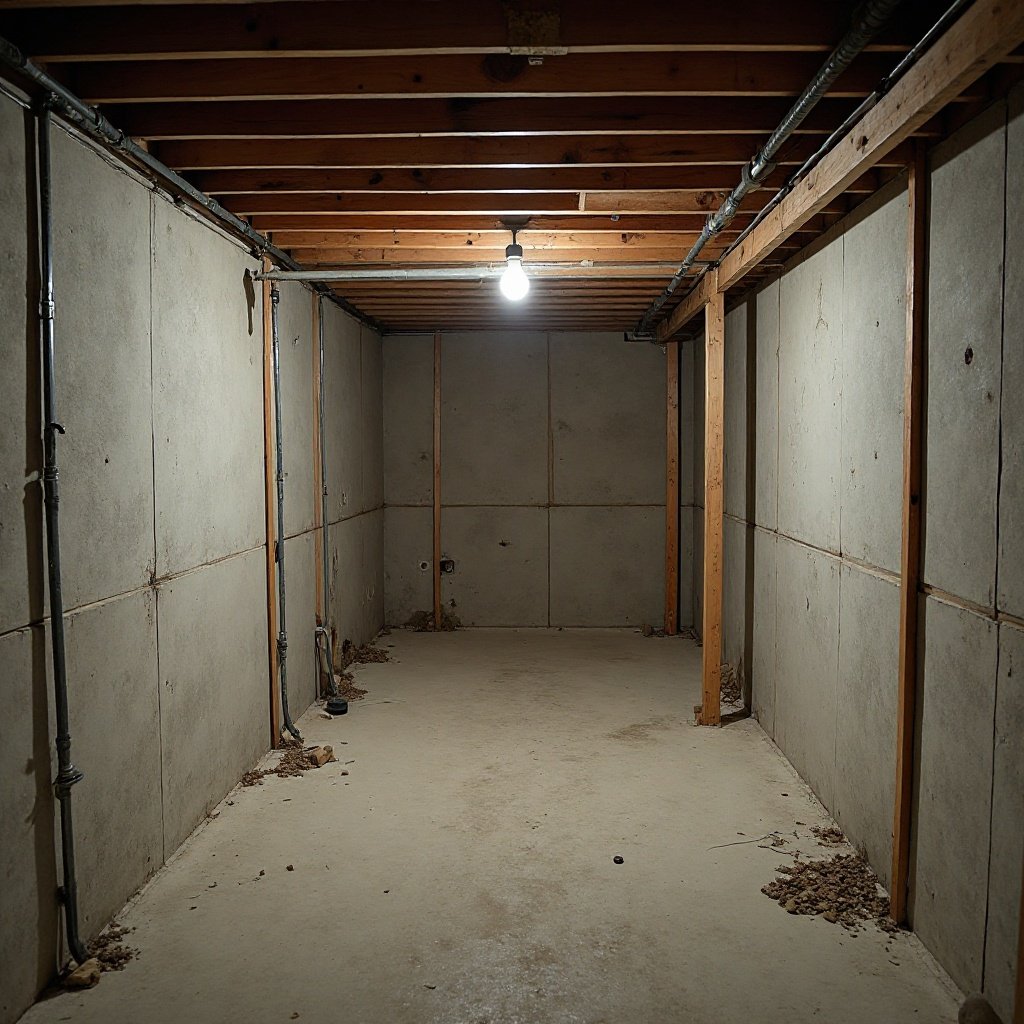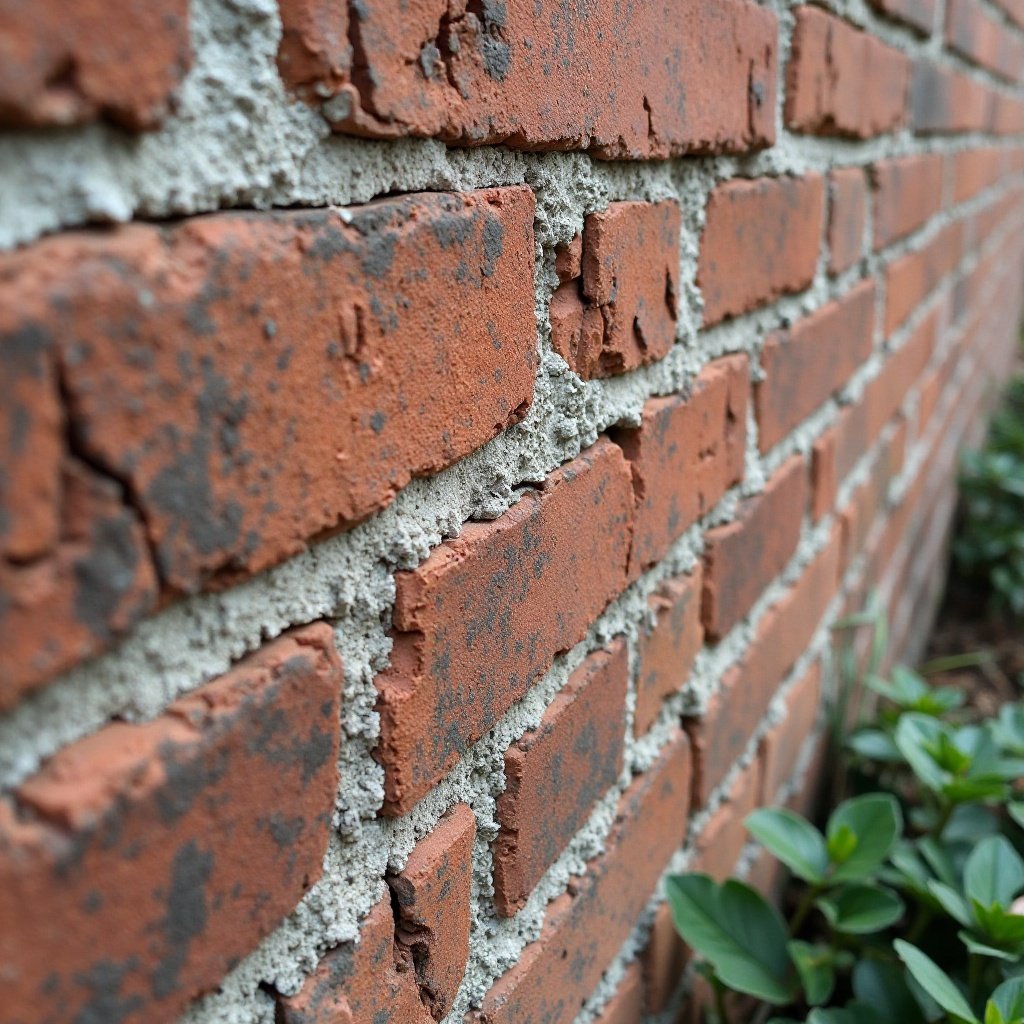
Why Foundation Cracks Appear and When to Worry
Foundation cracks make homeowners in Clyde, NC pause, and for good reason. Some are cosmetic and harmless. Others hint at settlement, soil movement, or drainage problems that get worse with time. The goal is to tell the difference early, control moisture, and choose the right fix before costs climb. This guide explains what causes cracks in Haywood County soils, what each crack shape usually means, how to judge urgency, and how a top rated foundation repair Clyde NC team approaches residential foundation repair Clyde NC with practical, local solutions.
Why foundations crack in Clyde, NC
Western North Carolina mixes clay-rich pockets, silty loam, and rocky fill. That variety creates uneven movement under homes. Clay swells with rain and shrinks during dry spells. Fill soils around newer subdivisions in Clyde can settle years after construction. Add roof runoff that dumps next to the slab or crawl space, and the stage is set.
Seasonal moisture swings cause many hairline cracks in concrete. Freeze-thaw stress works on small weaknesses. Tree roots can draw moisture from one side of a house, drying and shrinking soil there while the other side stays damp. Plumbing leaks under a slab can soften bearing soil. Any of these can introduce differential settlement, which is the main driver of serious cracking.
What different cracks usually mean
Hairline shrinkage cracks, often less than 1/16 inch wide, run randomly and straight in newer slabs or basement walls. These come from concrete curing and minor temperature changes. They are common and usually stable.
Vertical cracks that run straight up and down in poured concrete walls often relate to shrinkage or minor settlement. If they are narrow and consistent in width, they tend to be low risk. If a vertical crack widens at the top or bottom, it suggests rotation or settlement at one corner.
Diagonal cracks that angle from corners of windows or doors in a basement or garage wall often signal settlement at one area. Wider at one end than the other is a key sign.
Stair-step cracks in block or brick veneer follow the mortar joints. In Clyde’s clay pockets, stair-steps combined with inward bowing show lateral soil pressure. If mortar pops or the steps widen, that points to movement that needs attention.
Horizontal cracks in basement walls are the clearest warning sign of soil pressure or wall bowing. Even at 1/8 inch, a horizontal crack plus measurable inward deflection needs a professional inspection.
Map or craze cracks on slab surfaces look like a web. They are almost always cosmetic unless they align with displacement or differential elevations.
When to worry
Size, direction, and change over time matter more than the crack’s mere existence. A small crack that grows from 1/16 inch to 1/8 inch over a season is a concern. A crack wider than a nickel, any horizontal crack, or any crack paired with doors sticking, sloped floors, or gaps at trim signals a structural issue.
Local experience helps with judgment. After a week of heavy rain on Asheville Highway or along Crabtree, clay swells against basement walls. If a wall was already marginal, you may see a new horizontal crack or fresh stair-steps. In a dry August, diagonal cracks can open as soils shrink. Both patterns benefit from quick evaluation.
Here is a short homeowner check that avoids overreacting to harmless lines while flagging real risks:
- Measure width at three points with a simple crack gauge or a card edge, record the date.
- Note direction: vertical, diagonal, stair-step, or horizontal.
- Mark crack ends with a pencil to track growth over 30 to 60 days.
- Look for related signs: sticking doors, nail pops, sloped floors, water intrusion.
- Check grading and gutters within 10 feet of the crack location.
If the mark moves beyond the pencil line or width grows more than 1/16 inch in a season, it is time to call a foundation repair company for a site visit.
Common causes we see on Clyde homes
Improper downspout discharge is the simplest. Downspouts that end at the base of a wall add thousands of gallons per storm to the footing area. French drains clogged with fines from the clay soils near Thickety lead to hydrostatic pressure and horizontal cracks.
Added loads like a new stone chimney or a hot tub slab tight to the house can cause local settlement if footings were not sized for the extra weight. Cut-and-fill lots along slopes can settle decades later if fill was not compacted in thin lifts.
Plumbing leaks under slabs are less visible but show up as a warm spot in winter, higher water bills, or soil softening and slab cracks radiating from bathrooms or kitchens.
What fixes actually work
Concrete foundation repair Clyde NC solutions start with stabilization, then water management, then finish work. The right choice depends on the soil, structure type, and the pattern of movement.
For settlement at one corner, steel push piers or helical piers transfer foundation repair company the load to deeper, stable soil or rock. Push piers use the building weight and hydraulic force to seat the pier. Helicals twist into competent strata and work well near lighter additions or in variable soils. Piers can often lift a settled area, close cracks, and stabilize for the long term.
For bowing basement walls with horizontal cracking, carbon fiber straps or steel I-beams restrain further movement. Carbon fiber works when bowing is under about 2 inches and the wall is sound. Steel beams suit larger deflection. Both aim to stop progression and can be combined with exterior drainage.
For leaking vertical cracks, low-pressure epoxy injection bonds the wall if structural strength is needed, while polyurethane injection seals active leaks. Epoxy creates a rigid bond; polyurethane stays flexible for moving cracks.
For slab cracks with differential movement, slab piers or polyurethane slab lifting (foam injection) can re-level sections, especially in garages and porches.
These structural fixes need support from water control. Regrading, 10-foot downspout extensions, clean footing drains, and interior drain tile with a sump pump keep water off the foundation. Without drainage, even the best pier system works harder than it should.
What foundation repair Clyde NC cost looks like
Budgets vary by scope, access, and soil. A practical local range helps set expectations:
- Crack injection for a single vertical crack: usually $450 to $900 per crack depending on length and whether epoxy or polyurethane is used.
- Carbon fiber reinforcement for a basement wall: often $400 to $700 per strap installed, with straps spaced 4 to 6 feet on center.
- Steel beam bracing: widely ranges from $800 to $1,600 per beam installed.
- Helical or push piers: $1,200 to $2,500 per pier, with total pier count driven by load and layout. A settling corner might need 4 to 6 piers.
- Interior drain and sump systems: $60 to $110 per linear foot, plus $1,200 to $2,400 for a quality pump and basin.
Residential foundation repair Clyde NC pricing tightens once a technician measures wall deflection, tests soil bearing, and maps loads. A free or low-cost assessment that includes elevation readings and moisture checks usually pays for itself in avoided guesswork.
How to decide between watch, seal, or stabilize
A homeowner on Old Clyde Road called after finding a 1/32-inch vertical crack in a poured wall, dry to the touch, consistent width, no door issues. That case called for monitoring and a gutter extension. Six months later, the crack had not changed. No structural work needed.
Another home near Lake Junaluska had stair-step cracking, one door that pinched at the top, and inch-wide gaps at the baseboard on one wall. Soil outside was soggy due to a downspout dumping at the foundation. That case called for helical piers on the settling side, carbon fiber straps for a bowing section, and new downspout burial to daylight. The combination stopped movement and closed interior gaps.
Judgment rests on pattern, rate of change, and context. Short-term sealing without stabilization is fine for true shrinkage cracks. Cracks with displacement, widening patterns, or paired structural symptoms deserve stabilization first, then sealant and finish work.
Why choose a top rated foundation repair Clyde NC partner
A reliable foundation repair company in Clyde should bring three things: accurate diagnosis, a plan that matches the actual failure mode, and clean execution that respects the home and landscape. Local crews know where clay lenses sit, which neighborhoods built on fill, and how seasonal rain affects each valley.
Functional Foundations inspects with levels and moisture meters, documents crack width, and explains the why before the how. The team installs helical and push pier systems, carbon fiber reinforcement, drain solutions, and performs concrete foundation repair Clyde NC with minimal disruption. Homeowners get straight answers on scope and timing. Most projects finish in one to three days, with clear communication on what to expect.
Preventive steps that keep small cracks small
Good drainage is the cheapest protection. Grade soil so it falls 6 inches in the first 10 feet. Extend downspouts beyond backfill zones. Keep mulch and soil 6 inches below siding. Fix plumbing leaks fast. Avoid planting large water-hungry trees within 15 to 20 feet of the foundation. If a remodel adds load, confirm footing capacity before building.
Winter is a good time to schedule evaluations because leaf-off makes exterior inspection simple, and crews can often work quicker. Spring storms then arrive with drainage ready.
Ready for an honest look at your foundation?
If a crack is new, widening, or paired with doors sticking or floors dipping, it deserves a professional eye. Functional Foundations provides clear assessments and straight-line pricing for foundation repair Clyde NC. Ask about current availability, pier and beam options, and a written scope so you understand the plan and cost before work starts.
Call to schedule residential foundation repair Clyde NC evaluations anywhere from Clyde proper to Bethel, Crabtree, or along Thickety Road. A brief site visit answers whether you can seal and watch, or whether stabilization now will save money later.
Functional Foundations provides foundation repair and restoration services in Asheville, NC, and nearby areas including Hendersonville and Clyde. The team handles foundation wall rebuilds, crawl space stabilization, subfloor replacement, floor leveling, and steel-framed deck repair. Each project focuses on stability, structure, and long-term performance for residential properties. Homeowners rely on Functional Foundations for practical, durable solutions that address cracks, settling, and water damage with clear, consistent workmanship. Functional Foundations
Asheville,
NC,
USA
Phone: (252) 648-6476 Website:
https://www.functionalfoundationga.com,
foundation repair Clyde NC
Map: View on Google Maps
